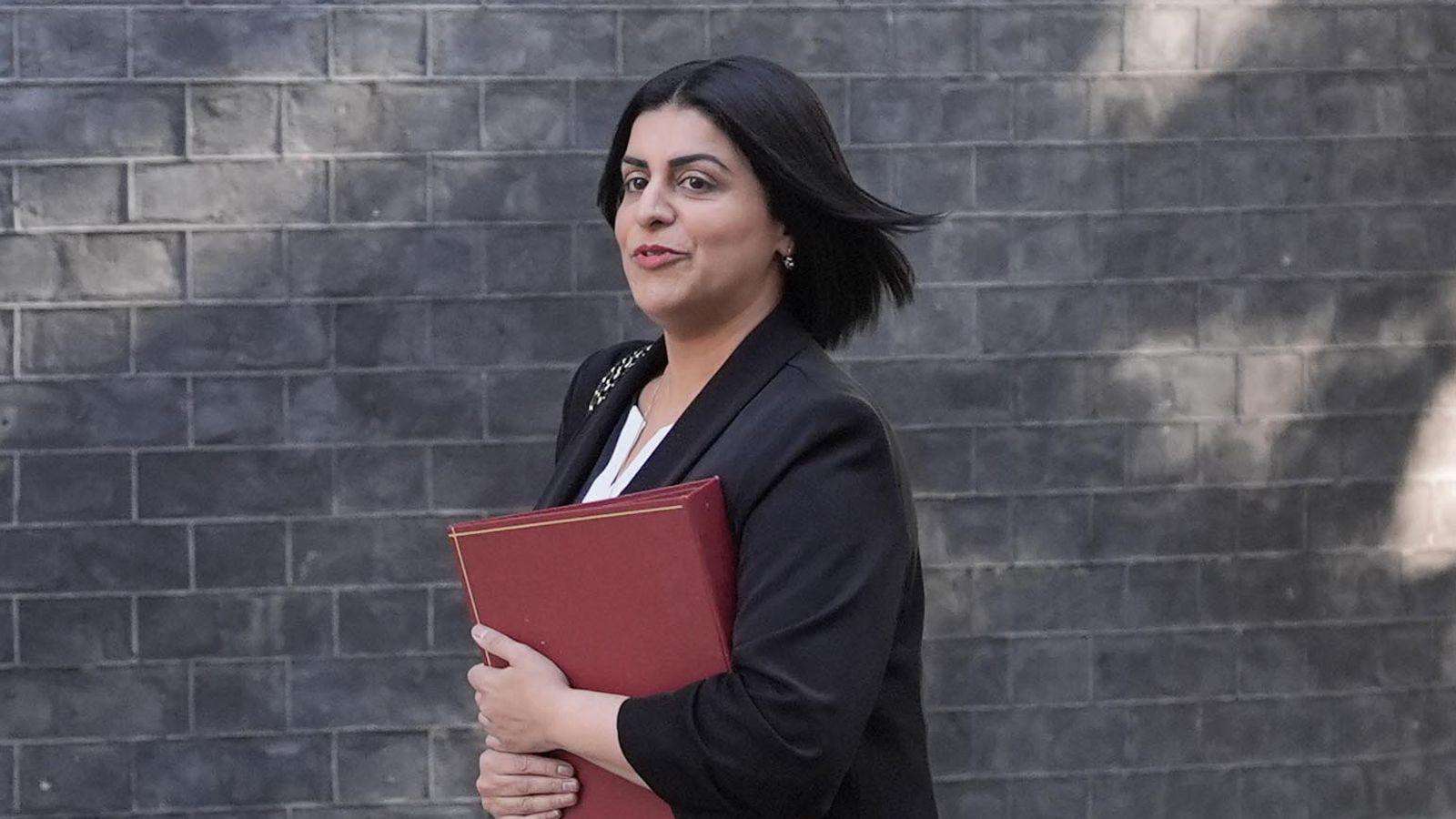At the beginning of 2024, the risk of financial recession anew, the rise in commodity prices, the common people are fed up with one after another uncoordinated decisions of the Home Office. In this reality, there is no good news for the Bangladeshi community of about 15 lakh people in the new year.
Homeowners who have seen their monthly mortgage payments go up as bank interest rates rise. Banks are not giving low deposit mortgages to new home buyers. Low income people are at risk due to unbridled increase in commodity prices, house rent, utility bills. In the middle of the current year Britain's economy shrank unexpectedly in the third quarter, with no economic growth from April to June. Fears of a possible recession are rising ahead of next year's elections, official surveys show. The political distance between Labor and the Conservatives in Britain's politics has now largely merged. There is no meaningful difference in the manifestos of the two parties on almost every area, including immigration. The Conservatives know that the Conservative Party will be defeated in the upcoming elections. They now have two targets. In addition to losing fewer seats, their main goal is to keep the far-right voter in the Conservative box. Populist radical nationalist politics has emerged in European countries. Britain's far-right anti-immigration parties are looking to grow stronger. If these parties are able to attract public opinion, the Conservatives will lose more votes and public opinion. Therefore, the ruling party wants to keep the radical right-wing voter class satisfied by taking various anti-immigration measures before the election. New immigration rules have significant implications for illegal immigrants and their families, as well as for employers and others who may hire them to work. Britain's political parties are more concerned with passing the upcoming election than with protecting the interests of low-income, immigrant communities in their policies. The Bangladeshi community, like other immigrant communities, is also upset with the successive changes in immigration policy in Britain. Several thousand Bangladeshis have come to this country on care visa in the last one and a half years but they are living in inhuman life without getting work. The housing crisis is at an extreme. While immigration socially and culturally enriches our nation, we cannot escape the fact that our care sector, hospitals, and schools rely on the work and skills that migrants bring to our country. In contrast to the current divisive rhetoric being spun by the UK Government which has now announced yet further salary thresholds, migrants are not a burden, but rather an economic asset to the country, filling essential roles in our hospitals, schools and public sector. Bangladeshi's contribute more to Britain than they take. Immigrants don’t find streets of gold in the UK, instead, they pave their own way. Writer: Munzer Ahmed Chowdhury Journalist.






.svg)
